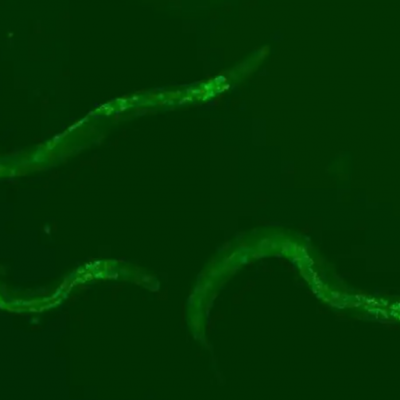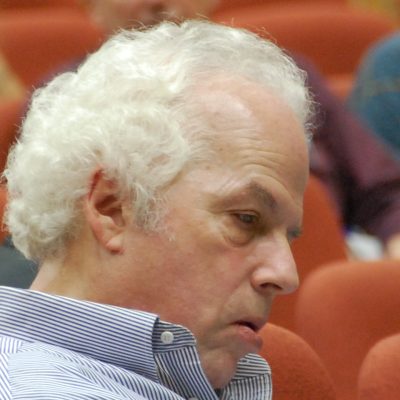A new conversion process has been developed that turns whey, a byproduct of the dairy industry, into fuel, animal feed, and medicine using a bioreactor and bacteria. Whey is mostly disposed of as waste, as it is difficult to use as animal feed due to its high lactose content. However, researchers at the University of Tübingen have found a way to convert whey into fuel without the use of chemicals. The two-step process involves using a bioreactor and a reactor microbiome, which is a collection of bacteria that can be added to the bioreactor. The bacteria convert the sugar in the whey into acid, which is then converted into organic compounds that can be used as fuel, animal feed, or medicine.
The first step of the process involves heating the whey to 50 degrees Celsius, which causes the bacteria to convert the sugar into acid. The second step involves selecting certain bacteria to convert the acid into organic compounds, such as long carbon chains. These chains can be used as animal feed or medicine, or they can be converted into fuel. The researchers have successfully produced bio-oil from the bacteria, which can be used as fuel for airplanes. The process does not require the use of carbon-rich chemicals, making it a sustainable way to create valuable resources from waste products.
The researchers plan to investigate whether other industrial waste products can be used to create new resources in the future. This process has the potential to create a sustainable circular economy, where waste products are turned into valuable resources. The use of renewable energy sources in the process could further reduce the environmental impact of the dairy industry.










